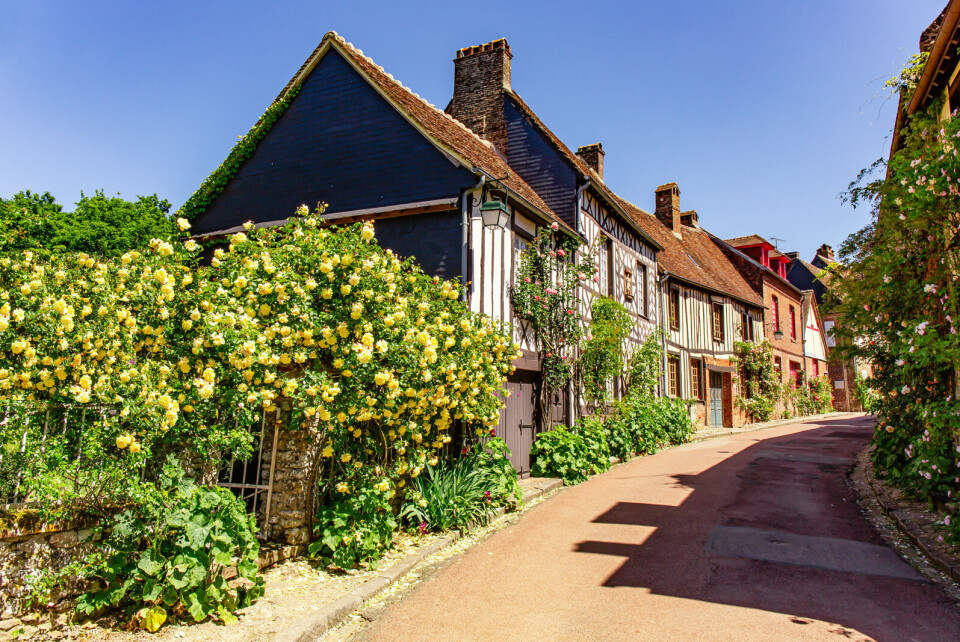-
Why your home insurance in France is likely to increase
Climate change-related claims cost more than €5 billion last year
-
Mushroom contamination makes French couple’s home a ‘health risk’
The issue could cost the couple €50,000 to fix
-
Seven key points to consider before you begin a home renovation project in France
Ask what work is needed, how to avoid scams, and the savings available, advises a consumer group
French property: Buyers paying estate agent fees could save cash
A counter-intuitive aspect of French property transactions means that buyers might save money overall if they pay the estate agent’s fees – by saving on notaire costs

Buyers paying the estate agent fees is rare in France, where it is more normal for the seller to pay, but it is becoming increasingly relevant as house prices rise.
When houses are put on the market, the estate agent asks if the seller or buyer will pay their fees, usually between 3% and 10% of the asking price, and the box for the seller to pay is ticked almost automatically.
The choice makes no difference to the price the seller gets, because if they value the house at €200,000 with an agent who wants a 5% fee, the advertised price in the estate agent window will be €210,000.
When the house sells for €210,000, the seller simply sends a cheque for €10,000 to the estate agent.
If the situation is reversed and the buyer pays the estate agent, they will write two cheques to buy the house – one for €200,000 to the seller, and another for €10,000 to the estate agent, and the advert in the shop window will display both prices.
The advantage for the buyer comes later, because the notaire's fees for the transfer of property will be calculated on a €200,000 transaction, not a €210,000 one. As notaire's fees are usually around 9% of the price of the property, the buyer gains (€900 in this case) as long as the estate agent’s percentage is less than the notaire’s.
This means it is worth the seller asking for the buyer to pay when they sign their mandate with the agency, bearing in mind the benefit for their eventual buyer. It is also advisable for buyers to look out for adverts indicating that the seller pays the fees.
Estate agents in France are often reluctant to accept that the buyer should pay their fees, saying buyers might be put off by the “complexity” of having to write two cheques, and that the few hundred euros saved count for little when people are making such a big purchase.
Another reason is that when the buyer pays, the fee must be separately stated in the estate agent advert. This makes it easy for the buyer, competitor agencies and the public to see what percentage the estate agent is charging.
In many parts of France, the tradition of keeping financial affairs secret is still strong, and it is difficult for some agents to have their potential gains exposed.
Related stories
Buying and selling a home in France: What is the viager system?
Property prices in France have doubled in 10 years, study finds
























